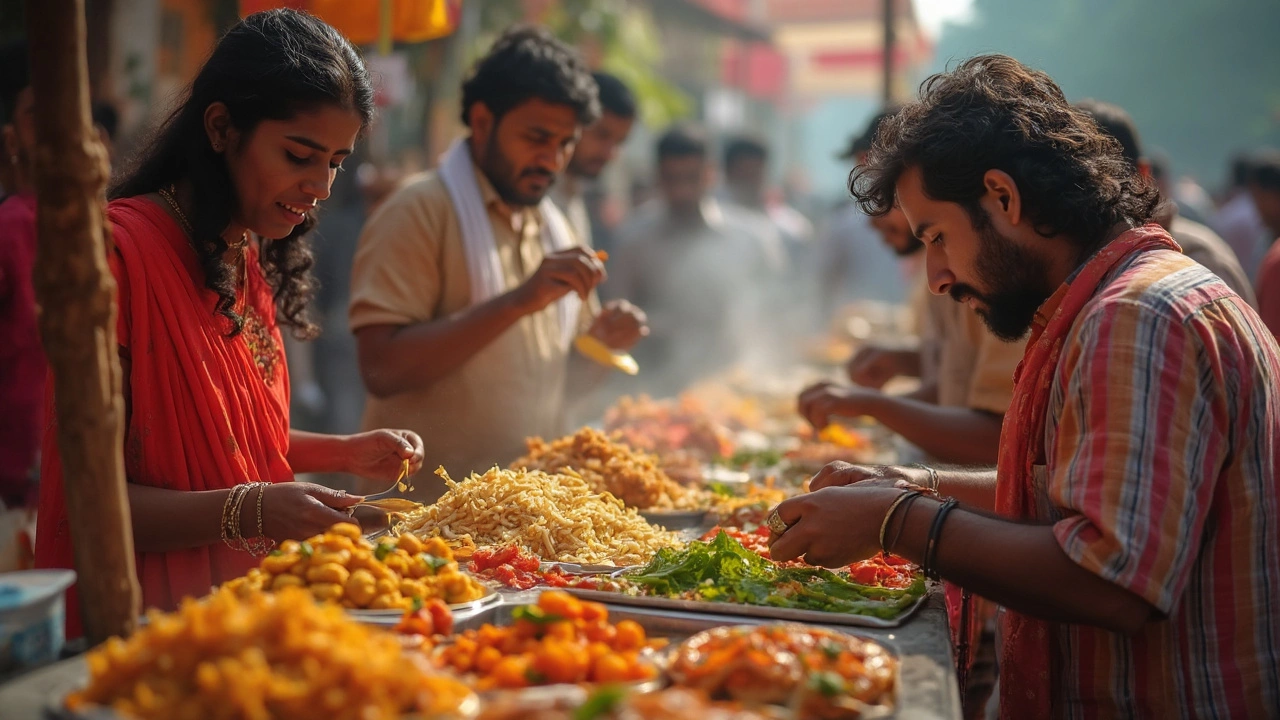SEARCH
Avoid Getting Sick in India: Practical Tips for a Healthy Trip
Traveling in India is a feast for the senses, but the excitement can turn sour if you end up with a stomach bug or fever. The good news is you don’t need to be a health expert to stay safe. Simple habits, a few smart choices, and a bit of preparation go a long way. Below are the most useful steps you can take right now, before you even board the plane.
Food and Water Safety Basics
First thing: never drink tap water straight from the faucet. Even in big cities, the supply can contain bacteria that your stomach isn’t used to. Stick to bottled water that is sealed, or use a reliable portable filter. If you’re thirsty after a long walk, ask for boiled or filtered water at a reputable restaurant.
When it comes to food, look for places that are busy and have a high turnover of dishes. High traffic means the food is fresh and less likely to sit out too long. Avoid “street stalls” that don’t have visible hygiene practices, especially for items that are not cooked in front of you.
Cooked food is generally safe if it’s hot when it reaches your plate. A quick test: let it steam for a minute before you dig in. For salads, fruit cuts, and other raw items, ask if they have been washed with clean water or if they’re pre‑packaged. If you’re unsure, it’s better to skip them.
Ice cubes can be a hidden risk. Only accept drinks with ice if you know the ice was made from bottled or filtered water. Many cafes do use filtered ice, but it’s worth confirming.
Health Prep Before You Go
Visit a travel clinic at least two weeks before your trip. They can advise on vaccines such as Hepatitis A, Typhoid, and Tetanus, which are commonly recommended for India. If you plan to trek in high‑altitude areas, ask about altitude sickness medication.
Pack a small health kit: oral rehydration salts, anti‑diarrheal tablets (like loperamide), a basic pain reliever, and any prescription meds you need. A hand sanitizer with at least 60% alcohol is a lifesaver after using public transport or touching surfaces.
Probiotics can help your gut adjust to new foods. Taking them a few days before you travel and continuing for a week after arrival reduces the chance of digestive upset.
Finally, listen to your body. If you start feeling uneasy, drink plenty of clean fluids, rest, and seek medical help if symptoms worsen. In most Indian cities, reputable pharmacies and clinics are easy to find, and many doctors speak English.
By staying aware of water sources, choosing food wisely, and preparing your health basics ahead of time, you’ll be able to savor the colors, flavors, and sights of India without the unwanted side of getting sick. Enjoy the journey, stay safe, and let the adventure keep you healthy.

What Not to Eat in India: Your North India Survival Guide
Worried about getting sick while tasting your way through North India? This guide cuts through the confusion, listing exactly what foods and drinks to avoid if you want to dodge stomach troubles on your trip. Learn practical tips, why certain foods are risky, and what you should look for before digging in. Save yourself the hassle and eat with confidence in Delhi, Agra, Jaipur, and beyond. Stay healthy and enjoy the real flavors of India, without any nasty surprises.
Continue reading